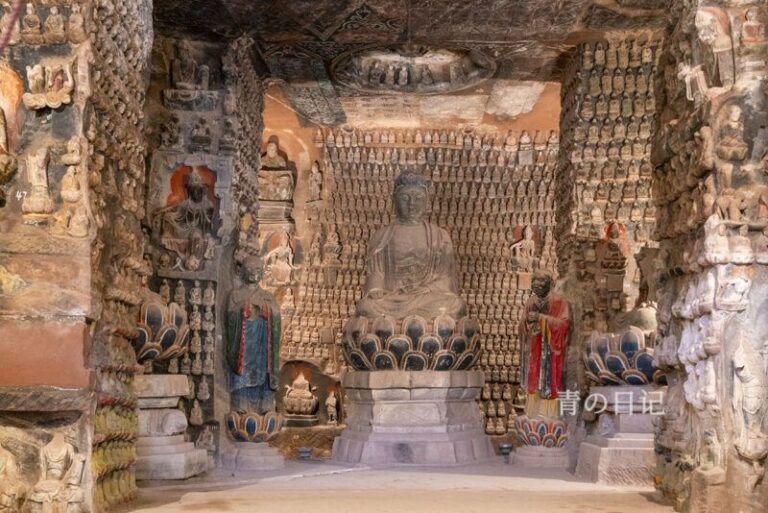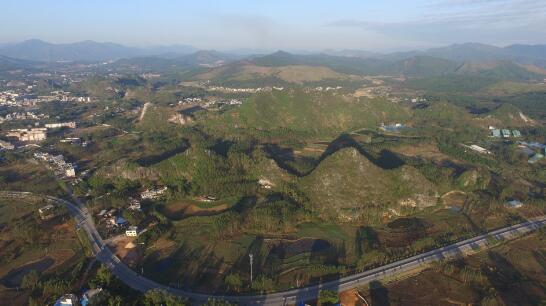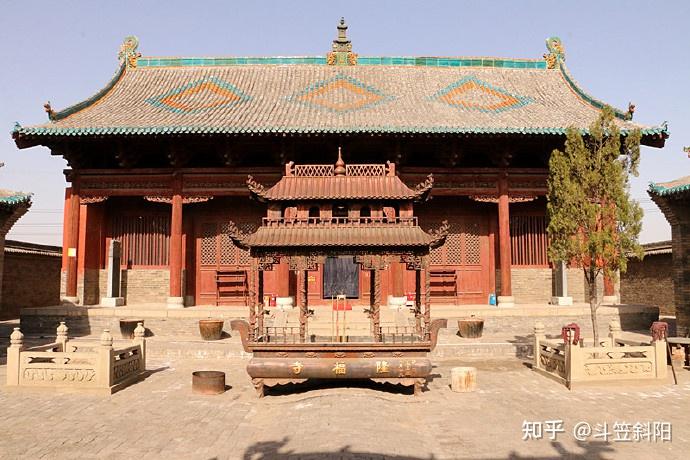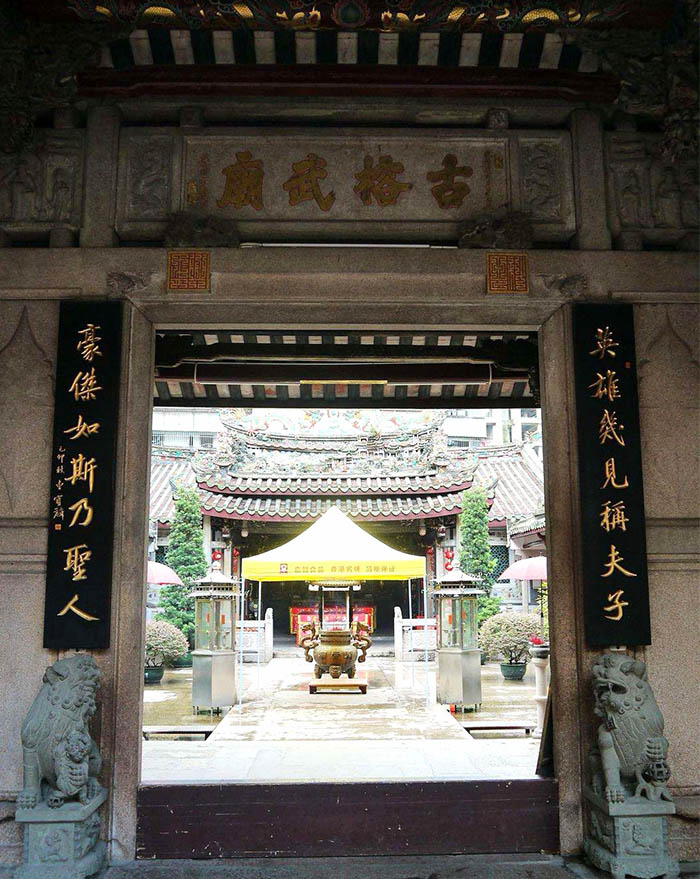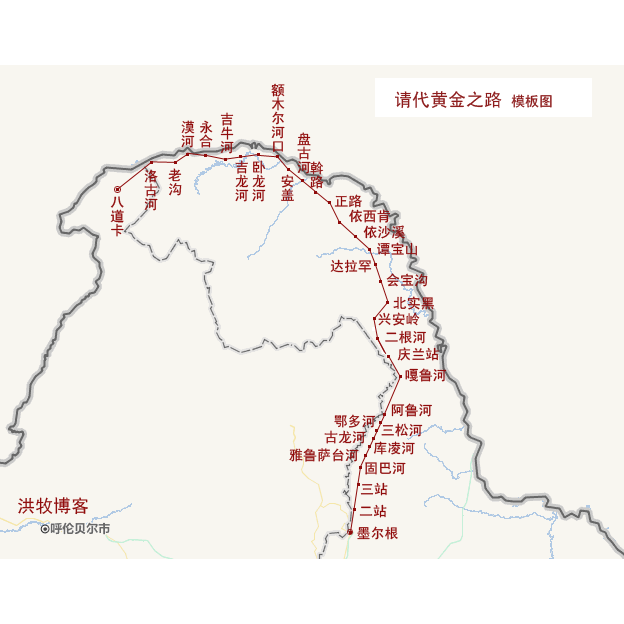Experience the Beauty of Zhoushan Fayu Si: A Must-Visit Destination in Zhejiang
An Essential Guide to Visiting Zhoushan Fayu Si
In This Guide
- An Essential Guide to Visiting Zhoushan Fayu Si
- The Rich History of Zhoushan Fayu Si
- Main Highlights: What to See at Zhoushan Fayu Si
- Planning Your Visit: A Practical Guide
- Tickets, Hours, and Booking
- How to Get There
- Local Cuisine and Accommodation
- Frequently Asked Questions
- Final Thoughts on Your Trip
Nestled amidst the serene landscapes of Zhoushan in Zhejiang Province, Fayu Si, or Fa Yu Temple, stands as a testament to the profound spiritual heritage and stunning natural beauty of Putuo Mountain, one of China’s four sacred Buddhist mountains. Often referred to as the “back temple,” Fayu Si is a significant site for pilgrims and tourists alike, second only to the renowned Pujisi (普济寺) or “Front Temple.” With its rich history and breathtaking architecture, this temple offers visitors a unique glimpse into the world of Buddhist practice and culture.
The temple is strategically perched on six terraced levels, harmoniously integrated into the mountainous terrain, providing a stunning backdrop of lush greenery and vibrant flora. As you approach Fayu Si, the path unfolds like a pilgrimage, leading you through a series of majestic halls and pavilions, each steeped in rich symbolism and religious significance. Notable features include the grand Hall of the Heavenly Kings, the tranquil Jade Buddha Hall, and the exquisite Nine-Dragon Screen, which showcases intricate craftsmanship and artistry that date back centuries.
Fayu Si is not just a place for worship; it is a sanctuary for reflection and peace, drawing thousands of visitors each day who seek solace and enlightenment. The temple’s atmosphere is imbued with the scents of incense and the soothing sounds of chanting monks, creating a serene environment that encourages introspection and spiritual growth. Whether you are a devoted follower of Buddhism or simply a curious traveler, a visit to Fayu Si promises to be an enriching experience, blending history, culture, and nature into one harmonious journey.
Prepare to be captivated by the temple’s beauty and the profound sense of tranquility that envelops this sacred space, making it an essential stop on any pilgrimage to Putuo Mountain.
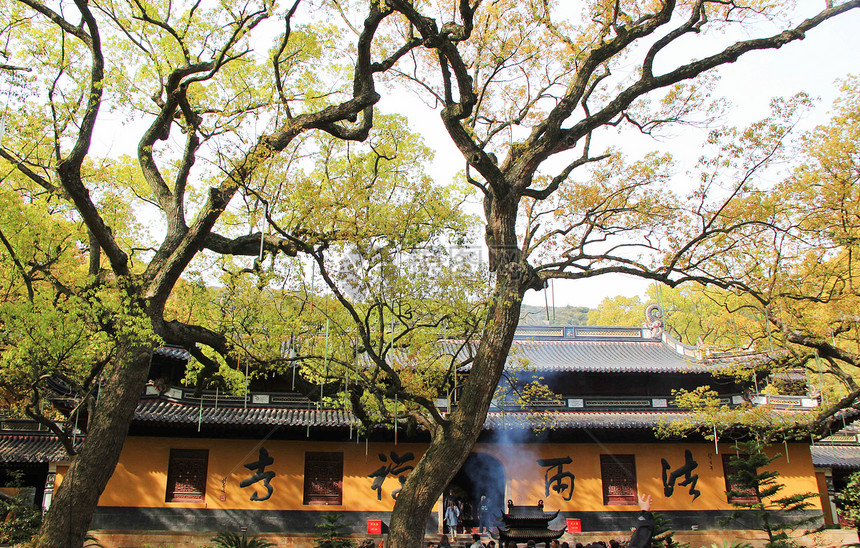
Zhoushan Fayu Si.
The Rich History of Zhoushan Fayu Si
Zhoushan Fayu Si, also known as the Temple of Dharma Rain, is a storied landmark located on Putuoshan Island, one of China’s four sacred Buddhist mountains. Established during the Qing Dynasty under Emperor Kangxi, Fayu Si is renowned for its majestic architecture and deep spiritual significance.
The temple’s origins can be traced back to the late 17th century, specifically between 1689 and 1699, when Emperor Kangxi ordered the relocation of the famous Nine Dragons Hall from the Ming Dynasty’s Nanjing Forbidden City to its current location in Fayu Si. This monumental task involved transporting over 120,000 exquisite glazed tiles and wooden structures, thus embedding royal significance into the temple’s foundation. The hall became a centerpiece of the temple, showcasing intricate craftsmanship that exemplifies the artistry of the era.
Fayu Si is often regarded as the “back temple” of the three primary temples on Putuoshan, with its architectural style mirroring that of its more famous counterpart, the Puji Temple. The main buildings of Fayu Si, including the Heavenly King Hall, the Jade Buddha Hall, and the Grand Hall of the Great Hero, are arranged in a tiered layout on six platforms, harmonizing with the surrounding natural landscape. Notably, the temple is adorned with a stunning Nine-Dragon Wall, a rarity among Chinese temples, and a unique ceiling known as the Nine-Dragon Bead Ceiling, which boasts a central pearl surrounded by intricately carved dragons—an engineering marvel of its time.
Throughout its history, Fayu Si has served as a pivotal site for Buddhist worship and pilgrimage, drawing countless devotees and visitors. Its serene environment, coupled with the rich spiritual practices observed within its walls, offers a profound sense of tranquility. The temple has been recognized as a national key temple of the Han nationality since 1983, reflecting its importance in the cultural and religious landscape of China.
Today, Fayu Si continues to be a vital spiritual hub, attracting visitors not only for its historical significance but also for its breathtaking views and peaceful ambiance. As one of the three major temples on Putuoshan, it embodies the essence of Buddhist culture and heritage, making it a must-visit destination for those seeking spiritual enrichment and a deeper understanding of China’s religious traditions.
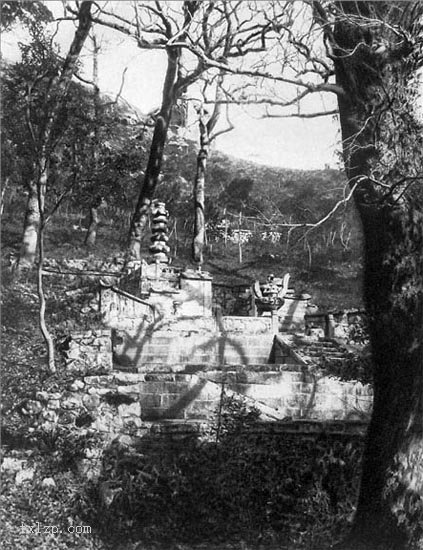
Zhoushan Fayu Si.
Main Highlights: What to See at Zhoushan Fayu Si
Zhoushan’s Fayu Si, also known as the “Back Temple,” stands as a testament to the rich Buddhist heritage nestled within the scenic landscape of Putuo Mountain. Distinct in its architectural beauty and serene atmosphere, this temple offers visitors an enlightening experience that bridges history and spirituality.
Architectural Marvels
Fayu Si is renowned for its striking architecture, which is thoughtfully arranged across six terraced platforms. The temple complex features a series of impressive halls, including the grand Heavenly King Hall and the elegant Jade Buddha Hall. Notably, the Nine Dragons Wall, a dazzling sight with intricate dragon carvings, showcases the exquisite craftsmanship that defines this sacred space. Visitors will find the Great Hero Hall, renowned for its magnificent statues of the Three Buddhas, a central highlight of the temple.
Cultural Significance
As one of the three major temples on Putuo Mountain, Fayu Si holds a significant place in the hearts of Buddhist pilgrims. Its tranquil environment attracts countless worshippers daily, reflecting the temple’s status as a vital site for prayer and meditation. The temple’s history dates back centuries, enriching the spiritual experience of all who step through its gates.
Natural Beauty
Surrounded by lush greenery and the majestic mountainous backdrop, Fayu Si offers not just spiritual solace but also an escape into nature. The tranquil courtyards and ancient trees provide perfect spots for quiet reflection or simply soaking in the serene ambiance. The interplay of natural beauty and sacred architecture creates a harmonious atmosphere that uplifts the spirit.
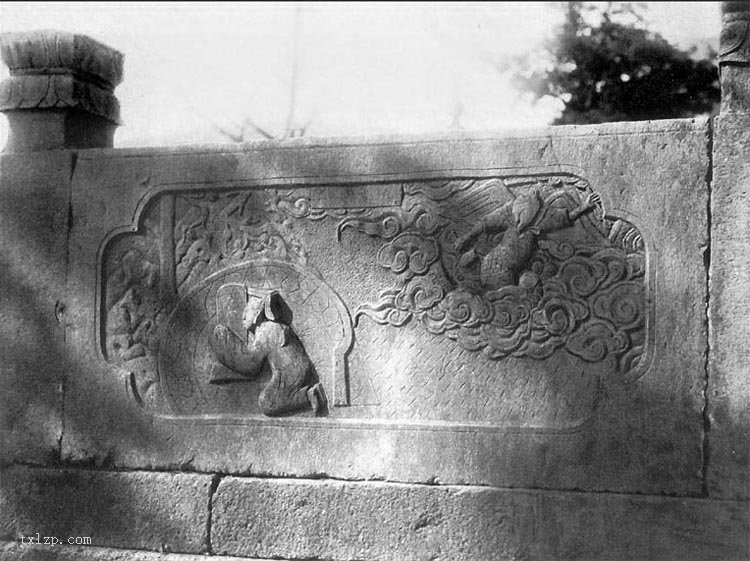
Zhoushan Fayu Si.
Visitor Experience
A visit to Fayu Si typically requires 1 to 2 hours to fully appreciate its beauty and significance. The temple is conveniently accessible via local buses, making it easy for travelers to include it in their itinerary while exploring Putuo Mountain. It’s advisable to arrive early to avoid crowds and fully enjoy the peaceful surroundings.
Culinary Delights
After a spiritually enriching visit, indulge in local vegetarian cuisine offered at nearby eateries. The temple’s proximity to various dining options means that visitors can savor delicious Buddhist vegetarian dishes, enhancing their overall experience of the region.
In summary, Fayu Si is not just a place of worship; it is a cultural treasure that embodies the essence of Buddhism in a stunning natural setting. Whether you’re seeking spiritual enlightenment or simply a beautiful place to explore, Fayu Si promises an unforgettable experience on the serene shores of Putuo Mountain.
Planning Your Visit: A Practical Guide
Practical Guide to Visiting Zhoushan Fayu Si (法雨寺)
Nestled in the heart of the scenic Putuo Mountain area, Fayu Si, also known as the “Back Temple,” is a spiritual haven and one of the three major temples on the island. If you’re planning a visit, here’s everything you need to know to make the most of your experience.

Zhoushan Fayu Si.
Location and Access
Fayu Si is located at 115 Meicen Road, Putuo District, Zhoushan, Zhejiang Province. The temple is easily accessible from the main tourist hubs in Putuo Mountain. Visitors can take a ferry from Zhoushan’s main island—either from the Zhujiagang or Shenjiamen docks—which usually takes about 15 to 30 minutes. Upon arrival, you can utilize the local tourist buses that provide convenient access to the temple.
Opening Hours and Admission Fees
Fayu Si is open daily from 6:00 AM to 5:30 PM. The entrance fee is included in the overall ticket for the Putuo Mountain Scenic Area, which is approximately ¥160. It’s advisable to book your tickets in advance during peak seasons to avoid long queues.
Suggested Visit Duration
A visit to Fayu Si typically takes 1 to 2 hours, allowing ample time for exploration and contemplation of its serene surroundings and intricate architecture.
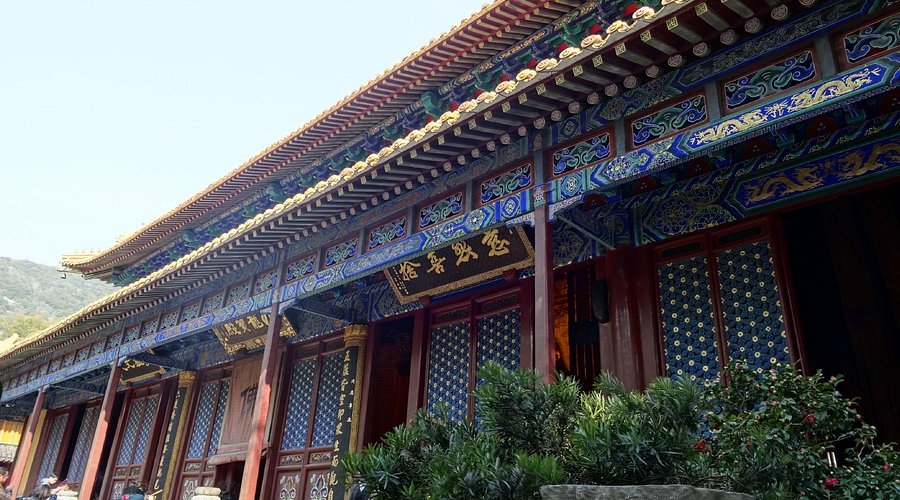
Zhoushan Fayu Si.
Must-See Highlights
- Main Halls: The temple is structured on six ascending terraces, showcasing a series of impressive halls. Don’t miss:
- Tianwang Hall: The first hall you encounter, dedicated to the Four Heavenly Kings.
- Yufosi Hall: Known for its exquisite jade Buddha statue.
- Daxiong Baodian: The Grand Hall where the Three Buddhas are enshrined.
-
Jiulong Hall: Featuring a beautifully crafted Jiulong (Nine Dragons) ceiling, this hall is a must-see for its artistry.
-
Cultural Artifacts: Explore the temple’s rich history through its ancient artifacts and cultural relics, including the unique architecture that reflects the temple’s royal heritage.
-
Natural Beauty: The temple is surrounded by lush greenery and ancient trees, offering a peaceful atmosphere perfect for meditation and reflection.
Nearby Attractions
While in the area, consider visiting other significant sites on Putuo Mountain:
– Putuo Temple (普济寺): The largest and most famous temple in the region.
– Nanhai Guanyin Statue: A towering statue of Guanyin facing the sea, a symbol of compassion.
– Huiji Temple: Located at the peak of the mountain, it offers stunning views of the surrounding landscape.
Culinary Delights
Don’t miss the opportunity to indulge in local cuisine:
– Vegetarian Dishes: Many temples offer delicious vegetarian meals, providing a unique taste of Buddhist culinary traditions.
– Seafood: Being on the coast, fresh seafood is abundant in the nearby eateries, perfect for a post-visit meal.
Accommodation Options
If you’re planning to stay overnight:
– Xilai Xiaozhuang: A comfortable and conveniently located option near the temple, with prices ranging from ¥300-600 per night for a triple room.
– Radisson Resort: A larger hotel with more amenities, priced around ¥500-1000 for a triple room, offering a more upscale experience.
Travel Tips
- Clothing: Dress modestly as a sign of respect in the temple grounds. Comfortable footwear is advised due to the extensive walking involved.
- Timing Your Visit: Try to arrive early in the morning to enjoy the tranquility before larger crowds descend.
- Respect Local Customs: When visiting, be respectful of the religious practices and maintain a quiet demeanor.
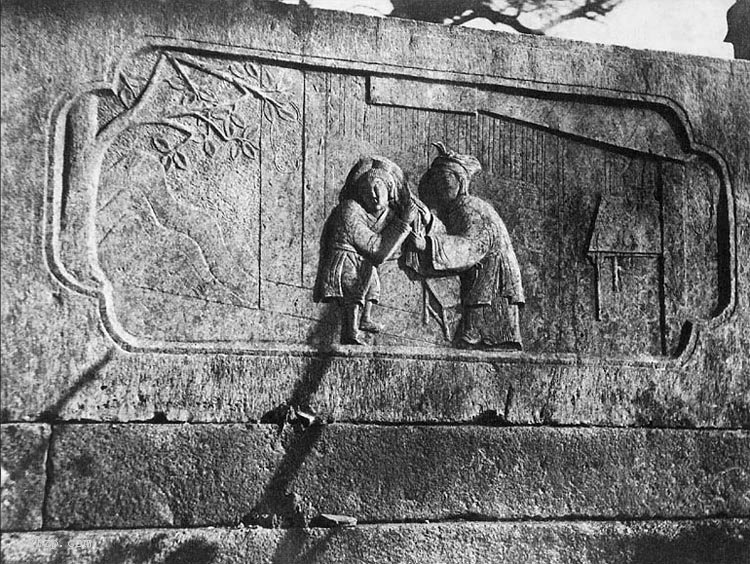
Zhoushan Fayu Si.
Final Thoughts
Fayu Si is more than just a temple; it’s a journey into the heart of Buddhist culture and a chance to reflect amidst nature’s beauty. Whether you’re seeking spiritual solace or simply looking to explore, this temple offers a unique glimpse into the serene world of Putuo Mountain. Prepare for a day of peace and inspiration as you immerse yourself in this sacred space.
Tickets, Hours, and Booking
When planning your visit to Fayu Si (法雨寺), it’s important to note the ticketing details to ensure a smooth experience. Here’s what you need to know:
Ticket Information
-
Admission Fee: Entry to Fayu Si is included as part of the overall ticket for the Putuo Mountain scenic area. Therefore, you do not need to purchase a separate ticket for the temple itself. The scenic area ticket typically costs around ¥160 (approximately $25) for adults.
-
Operating Hours: Fayu Si is open daily from 6:00 AM to 5:30 PM. It’s advisable to arrive early, especially during weekends and holidays, to avoid crowds.
-
Ticket Purchase: You can buy your ticket for the Putuo Mountain scenic area at the entrance or online through various travel platforms. Purchasing tickets in advance is recommended, particularly during peak seasons, to skip long queues.
-
Discounts: There may be discounts available for students, seniors, and groups, so be sure to check for any applicable offers when purchasing your tickets.
-
Additional Costs: While entry to Fayu Si is free with your scenic area ticket, you might want to consider the incense offerings inside the temple, which typically cost around ¥10 for a set.
Getting There
To reach Fayu Si, take a ferry to Putuo Mountain from either Zhoushan or nearby ports. The journey takes approximately 15 to 30 minutes, depending on your departure point. Once on the island, the temple is accessible via local tourist buses, making it easy to include in your itinerary.
Visiting Fayu Si provides not only a chance to explore its exquisite architecture and serene atmosphere but also to participate in a rich cultural experience that is deeply rooted in Buddhist traditions. Make sure to allocate 1-2 hours for your visit to fully appreciate the beauty and tranquility of this renowned temple.
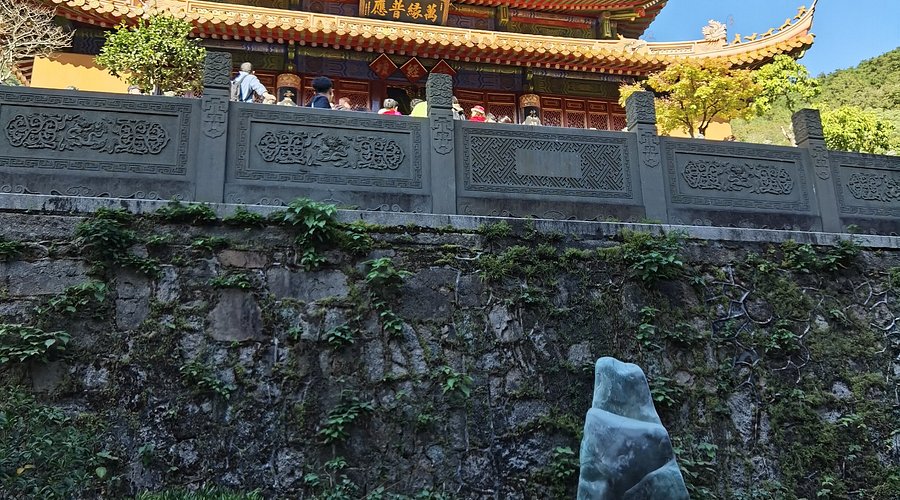
Zhoushan Fayu Si.
How to Get There
Reaching Zhoushan Fayu Si (法雨寺) involves a blend of scenic ferry rides and local transportation options that make the journey to this serene Buddhist temple both accessible and enjoyable.
Getting to Zhoushan
To begin your journey to Fayu Si, you will first need to travel to Zhoushan, located in Zhejiang Province. The most common routes include:
-
By Air: Fly directly into Zhoushan Putuoshan Airport (HSN). From major cities like Shanghai or Hangzhou, several airlines operate flights to this airport, making it a convenient entry point to the region.
-
By Train: If you prefer rail travel, you can take a high-speed train to Ningbo or other nearby cities and then continue your journey to Zhoushan. From Ningbo, you can catch a bus or taxi to the ferry terminal.
Ferry to Putuoshan
Upon arriving in Zhoushan, the next step is to take a ferry to Putuoshan Island, where Fayu Si is located. The primary ferry terminals are:
-
Wugongzhi Terminal (蜈蚣峙码头): This is the main terminal with frequent ferries to Putuoshan. The ferry ride takes approximately 15 to 30 minutes, depending on the service you choose. It’s advisable to check the schedule in advance, especially during peak tourist seasons.
-
Shenjiaomen Terminal (沈家门半升洞码头): Another option for ferries to Putuoshan, with similar travel times.
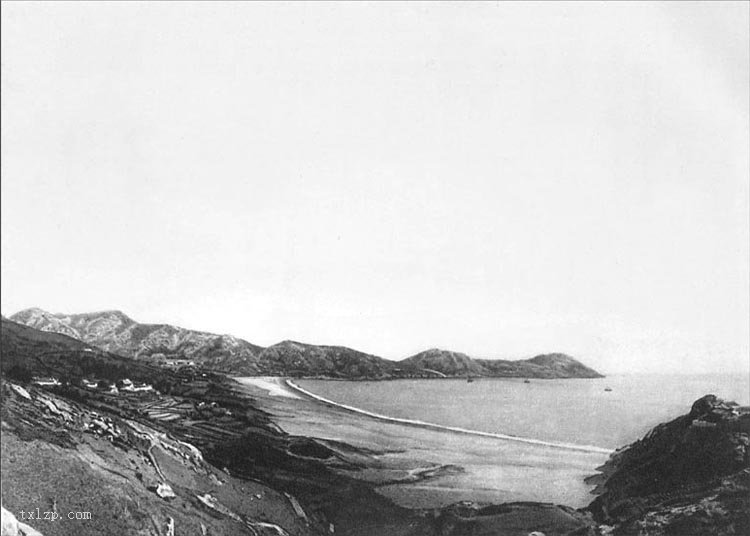
Zhoushan Fayu Si.
Tickets can be purchased at the terminal, but it’s wise to arrive early to avoid long queues, especially during weekends and holidays.
Getting Around on Putuoshan
Once you arrive on Putuoshan, navigating to Fayu Si is straightforward:
-
Local Buses: The island has a network of tourist buses that connect major attractions, including Fayu Si. These buses are frequent and budget-friendly, making them a convenient choice for visitors.
-
Taxi or Ride-Sharing Services: For a more direct route, taxis are available. However, it’s essential to confirm the fare beforehand, as there may not be a meter.
-
Walking: Many visitors choose to explore Putuoshan on foot. The island’s compact size and scenic paths make it easy to walk between attractions, including Fayu Si, which is nestled in the mountains and offers beautiful surroundings as you make your way there.
Key Tips for Travelers
-
Plan Ahead: Check ferry schedules and local bus routes in advance to make the most of your visit.
-
Purchase Tickets Early: For both ferries and entry to attractions, buying tickets ahead of time can save you from long wait times.
-
Dress Comfortably: Given the nature of the journey and the terrain of Putuoshan, wear comfortable shoes and dress appropriately for the weather.
-
Respect Local Customs: As Fayu Si is a religious site, it’s important to maintain a respectful demeanor and dress modestly while visiting.
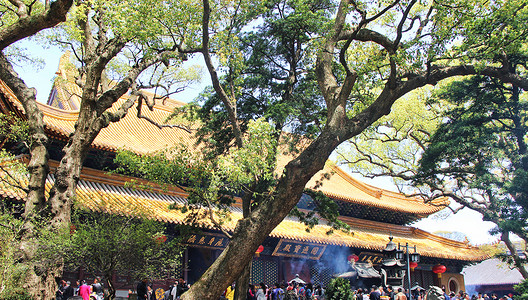
Zhoushan Fayu Si.
This transportation guide aims to help you embark on a smooth and enjoyable journey to Fayu Si, ensuring that your visit to this sacred temple is as enriching as possible.
Local Cuisine and Accommodation
Zhoushan Fayu Si, a serene destination nestled in the heart of Putuo Mountain, offers not only a rich spiritual experience but also a delightful culinary journey and comfortable accommodations for visitors. Here’s a guide to savoring the local flavors and finding the perfect place to rest.
Culinary Delights
When it comes to food in and around Fayu Si, you’re in for a treat. The cuisine reflects the region’s coastal charm and Buddhist influences, focusing on fresh ingredients and wholesome flavors.
-
Vegetarian Cuisine (素斋): Given its proximity to numerous temples, the vegetarian dishes here are a must-try. Many local restaurants serve a variety of flavorful vegetarian meals, emphasizing fresh vegetables and traditional Chinese cooking methods. Don’t miss the chance to sample Buddhist vegetarian dishes, which are both nutritious and satisfying.
-
Seafood Noodles (海鲜面): As Zhoushan is known for its seafood, the seafood noodles are a local specialty that you shouldn’t pass up. The noodles are typically served in a rich broth with fresh prawns, clams, and other local catches, offering a delicious taste of the sea.
-
Buddha Tea Braised Chicken (佛茶炖香鸡): This dish is a delightful fusion of flavors, featuring tender chicken simmered in a broth infused with local tea. The result is a unique and aromatic dish that showcases the region’s culinary heritage.
-
Guanyin Cakes (观音饼): For a sweet treat, try the Guanyin cakes. These pastries have a flaky crust with a soft filling, often made from red bean or lotus seed paste. They are not overly sweet, making them a perfect snack as you explore the area.
Where to Stay
Finding a comfortable place to stay can enhance your experience at Fayu Si. Here are some recommended accommodations nearby:
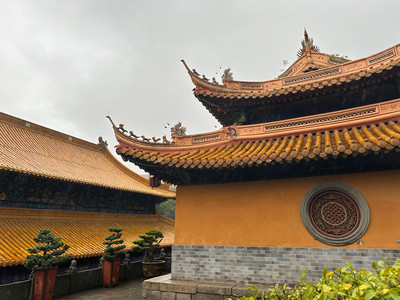
Zhoushan Fayu Si.
- Putuo Mountain Xilai Xiaozhuang (普陀山息耒小莊)
- Highlights: This quaint inn offers a peaceful environment with a serene atmosphere ideal for relaxation. It’s conveniently located, making it easy to explore local attractions.
-
Budget: Approximately 300-600 CNY per night for a three-person room, prices may vary during peak seasons.
-
Radisson Blu Resort, Putuo Mountain (普陀山雷迪森莊园)
- Highlights: This larger hotel provides a luxurious stay with comprehensive facilities, including beautiful gardens and views of the surrounding landscape. Ideal for families or those looking for a more upscale experience.
- Budget: Expect to pay around 500-1000 CNY per night for a three-person room, depending on the booking period.
Local Insights
For the best dining experience, consider visiting restaurants near Fayu Si, where you can enjoy fresh seafood and authentic regional dishes. Also, keep an eye out for local tea shops where you can enjoy a calming cup of Buddha tea after a day of exploration.
Whether you’re indulging in delightful vegetarian dishes or enjoying a comfortable night’s sleep, your visit to Zhoushan Fayu Si is sure to be a memorable experience filled with peace and culinary joy.
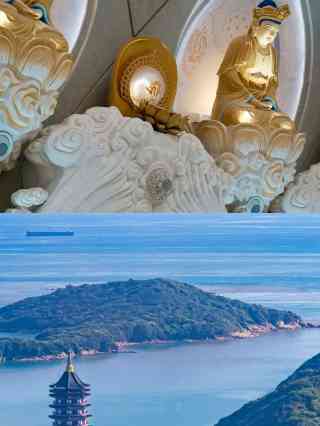
Zhoushan Fayu Si.
Frequently Asked Questions
-
What is the best time to visit Fayu Si?
The ideal time to visit Fayu Si is during the spring and autumn months (April to June and September to November) when the weather is pleasant and the crowds are thinner. Avoid peak holiday periods to ensure a more tranquil experience. -
How do I get to Fayu Si?
To reach Fayu Si, you can fly into Zhoushan Putuoshan Airport or take a ferry to Zhoushan from various coastal cities. From the Zhujiajian Wugongzhi Pier or Shenjiamen Half-Seng Cave Pier, you can take a boat directly to Putuo Mountain, where Fayu Si is located. -
What are the opening hours of Fayu Si?
Fayu Si is open year-round from 6:00 AM to 5:30 PM. It is advisable to visit early in the morning to enjoy the serene environment before the crowds arrive. -
Is there an entrance fee for Fayu Si?
Entry to Fayu Si is included in the overall ticket for the Putuo Mountain scenic area. There is no separate entrance fee, but a small fee for incense offerings might apply if you wish to participate in rituals. -
How much time should I allocate for visiting Fayu Si?
It is recommended to spend about 1-2 hours exploring Fayu Si. This allows enough time to appreciate its stunning architecture, including the Nine-Dragon Wall and the Great Hero Hall, as well as to soak in the tranquil atmosphere. -
What should I wear when visiting Fayu Si?
Wear comfortable shoes suitable for walking, as the temple grounds may involve some walking and climbing. Dressing modestly is also important, as Fayu Si is a place of worship. Consider bringing layers, as temperatures can vary throughout the day. -
Are there dining options available near Fayu Si?
Yes, there are several dining options nearby where you can enjoy local vegetarian dishes and seafood specialties. It’s recommended to try local delicacies such as vegetarian meals served in the temples or fresh seafood dishes at nearby restaurants. -
What etiquette should I follow when visiting Fayu Si?
When visiting Fayu Si, it’s important to respect the local customs. Keep noise to a minimum, avoid taking photos in restricted areas, and participate respectfully in any rituals. If you are unsure, observing the behavior of local worshippers can provide good guidance.
Final Thoughts on Your Trip
The enchanting Fayu Si, nestled within the serene landscapes of Putuo Mountain, offers a unique blend of spirituality and architectural beauty that captivates every visitor. As one of the three major temples in this revered Buddhist haven, it stands as a testament to centuries of devotion and artistry. From the intricate carvings of the Nine Dragons Wall to the tranquil ambiance of the courtyards, every corner of Fayu Si invites reflection and peace.
Whether you’re seeking a spiritual journey, a cultural exploration, or simply a moment of tranquility amidst nature, Fayu Si provides the perfect backdrop. The harmonious coexistence of ancient structures and the lush surroundings creates an oasis where visitors can connect with the profound essence of Buddhism and the beauty of the natural world.
As you plan your visit to this sacred site, take a moment to immerse yourself in the rich history and serene atmosphere that defines Fayu Si. Allow the whispers of the past to guide you as you navigate through its halls, and let the peace of the temple wash over you. Each visit is not just a journey through a temple; it’s an opportunity to find solace and inspiration in the heart of a spiritual realm. Embrace the experience and carry the tranquility of Fayu Si with you long after you leave this remarkable sanctuary.
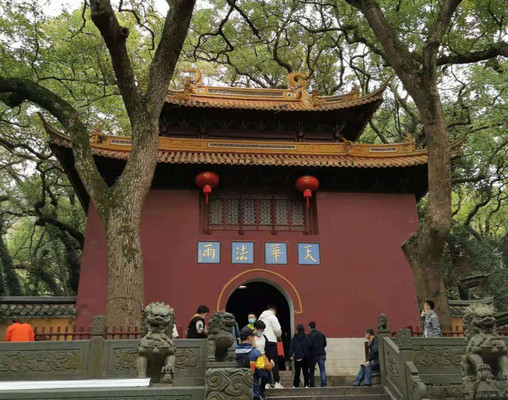
Zhoushan Fayu Si.

